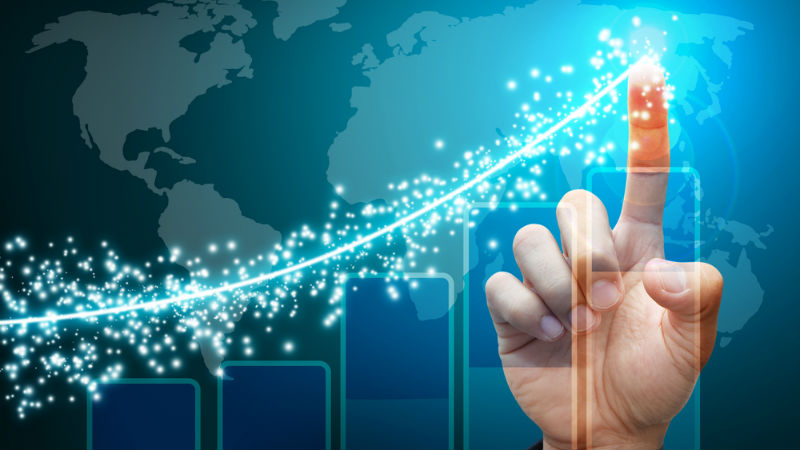The profound transformation of business and organizational activities, procedures, proficiencies, and designs to fully leverage the changes and developments of a mix of digital technologies and their advancing impact across society in a tactical and prioritized manner, with immediate and long term transitions in mind, is referred to as technological transformation.
The emergence of new capabilities focuses on the abilities to be more flexible, people-oriented, imaginative, customer-centric, simplified, effective, and able to influence possibilities to reform the system and tap into big data and new, progressively unorganized data sources, and service-driven revenues, with IoT serving as a critical enabler. In markets with a high degree of commoditization, technological transformation efforts and strategies are frequently more serious and visible.
Technological transformation is about more than just disruption and technology. It’s about profit, employees, efficiency, and the ability to immediately react when necessary through the effective application of technology and information.
Cloud computing, big data, advanced analytics, artificial intelligence, machine learning, mobile or mobility, and more recent emergent technology developments are facilitators of digital transformation, sources of digital transformation demands, and promoters of transformation and growth. However, technology is only one component of the equation because digitalization is, by default, conceptual.
AR, VR, AI, IoT, and, most importantly, blockchain have all revolutionized the entire scenario of personal and business practices. The Middle East region’s key priority is the growth of smart cities, and IoT will play a huge part in achieving the objective.
The UAE has a tailored framework to accept modern technologies. Dubai, in particular, has one of the most interconnected airports in the world, which may be recognized as a significant benefit in terms of technology promotion and adaptation.
The uberization of the Middle East region through the use of technology has begun to disrupt different industries such as real estate, healthcare, food, transportation, financial services, digital payments, government initiatives, and so on.
GITEX is helpful in promoting cutting-edge innovations in the Gulf countries. Alongside innovative startups and mid-level firms, top executives from globally recognized organizations including Facebook, Microsoft, Google, Alibaba, Amazon, Hewlett Packard, and others attend the show to learn more about the region’s potential.
The Middle East and adjacent nations’ commercial industries are booming, and our technology solutions are tailored to meet all of their needs.
Without a doubt, the crown prince’s ambitious strategy is turning the tables for the country, which includes a new knowledge economy metropolis, NEOM, which will be powered by drones, and artificial intelligence. The region’s 2030 goal is on the edge of transforming the country’s economy into an urbanized zone.
The Middle East industry is poised to produce a rich economic flow, and Dubai is expected to become a global IT center in the coming future.
Conclusion
The discussion about the ramifications of the technological revolution is still in its early stages, and the long-term consequences are unknown. Moreover, it is obvious that regions and cities across the EU now have varying capacities, socioeconomic profiles, educational backgrounds, attitudes, and readiness to deal with disruptive technological innovation, emphasizing the need for regional policy in the upcoming decades.
